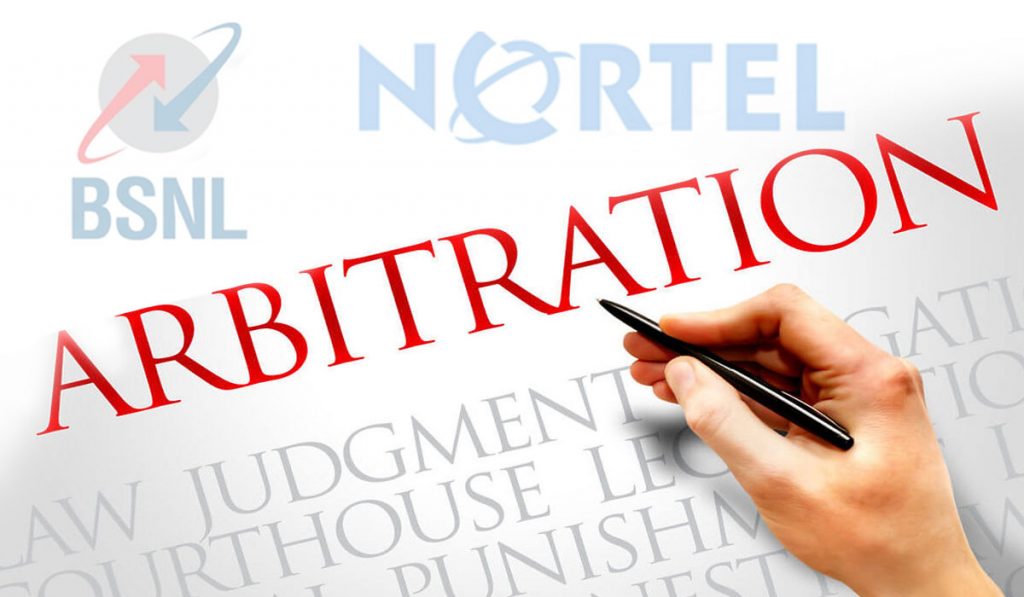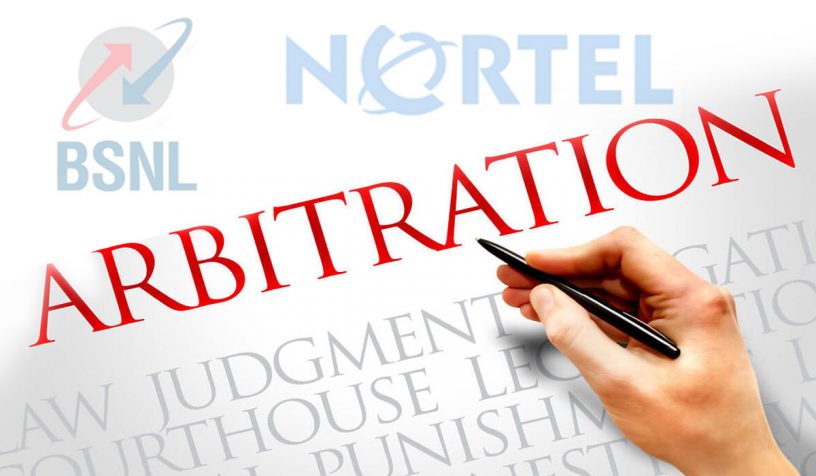
The researcher analyses how the BSNL vs. Nortel judgement impacts the scope of judicial interference in applications for referring parties to arbitration where claims raised by the applicant party are opposed on grounds of being ‘time-barred.’
Author
Anujay Shrivastava, Law Graduate (Class of 2020) from Jindal Global Law School, O.P. Jindal Global University, Sonipat, Haryana, India.
Summary
Supreme Court of India in its judgment in BSNL Vs. Nortel, has held that judicial authorities have discretion to refuse referring parties to arbitration under Section 11 of the (amended) Arbitration and Conciliation Act, 1996, if it is found that the claims raised by the applicant party are ex facie ‘time-barred’.
The judgment has likewise cautioned that the scope of judicial interference in such circumstances is limited, requiring a court to refer the matter to the arbitral tribunal, whenever it cannot make an ex facie determination of a claim being ‘time-barred’.
In this article, the researcher explores the implications of this judgment in detail, highlighting its impact on the Indian arbitration regime, mentioning the earlier precedents not considered by it, and analysing how it impacts the scope of judicial interference in applications for referring parties to arbitration where claims raised by the applicant party are opposed on grounds of being ‘time-barred’.
Published in: International Journal of Legal Studies and Research
To read the full article, please click here.


